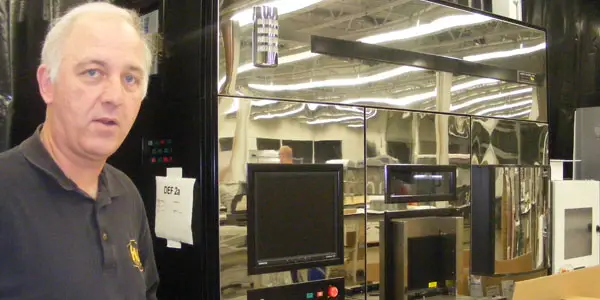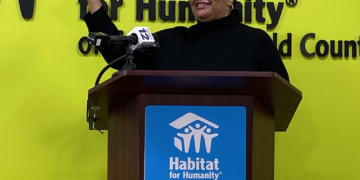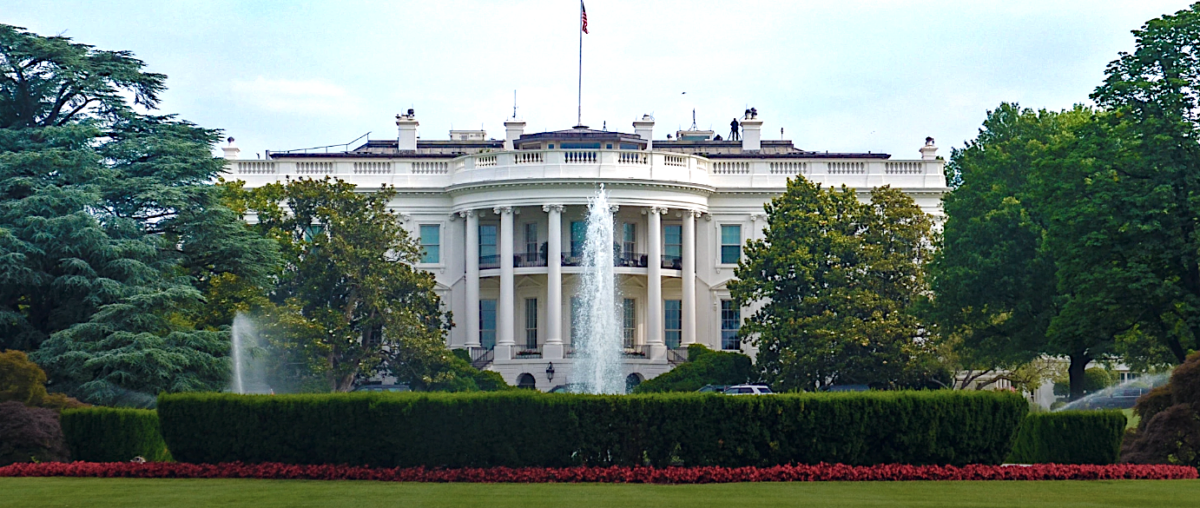
At FALA Technologies in Kingston, President Frank J. Falatyn has seen the benefits of partnering with other manufacturers in the state and region to carry on a business started by his father 67 years ago.
Started as a tool and die shop, his company is “in our fourth reincarnation,” he said on a recent tour of the 60,000-square-foot FALA plant, a diversifying model of lean manufacturing where 60 employees produce solar-powered signs in the company”™s newest division and provide design and engineering services and custom-manufactured parts, fixtures and equipment for the semiconductor and nanotechnology industries. The company survived the loss of much of its business in the mid-1990s as a captive shop of IBM Corp. when the computer giant closed its nearby Kingston campus and greatly cut back its operations and employment across the Hudson Valley.
Though often overlooked as an economic force, FALA Technologies is one of about 1,700 manufacturers in the seven-county Hudson Valley region, said company CEO Vincent Cozzolino, a former IBM executive who in 2007 founded The Solar Energy Consortium (TSEC), a nonprofit headquartered in the FALA building. About 95 percent of Hudson Valley manufacturers employ 50 or fewer employees, he said, and lack the resources of an IBM to train uniquely skilled workers and invest in the technology and equipment needed to compete in the new era of high-tech manufacturing.
With the U.S. solar energy industry “settling out quite a bit” as startups are unable to compete with China”™s cheaper renewable energy products, Cozzolino and Carl Meyer, TSEC president and CEO, have set their sights on applying the TSEC model of “hands-on” business assistance to manufacturers already established in the region. This fall they publicly launched the Center for Global Advanced Manufacturing, a nonprofit partnership of academic institutions and manufacturing and technology organizations in the Hudson and Mohawk valleys.
“We”™re doing this at this time because we feel there”™s a resurgence of manufacturing in the U.S. and we want our manufacturers in the Hudson Valley to grow with it,” Cozzolino said. “They”™re not seeing the business that they”™d like to.”
Open to any manufacturer in the region without membership or service fees, the new group will be a “catalyst” to bring together companies and “make things happen,” Cozzolino said.
“Vinnie calls it ”˜connecting the dots,”™” said Meyer, referring to the center”™s co-founder.
FALA Technologies reaped the benefits of those connections this year when it was awarded an approximately $500,000 contract from the Metropolitan Transportation Authority (MTA) to develop and supply emergency drinking water containers for MTA trains.
Preparing a price quote, Cozzolino sought advice from Tom Phillips, executive director of the Hudson Valley Technology Development Center in Newburgh. His agency, a partner in the Center for Global Advanced Manufacturing, provides services to small and mid-size businesses in the Hudson Valley in the National Institute of Technology and Standards”™ Manufacturing Extension Partnership network and is regional manager of the federal institute”™s Next Generation Rail supply chain.
Having won the MTA contract, FALA partnered with several New York companies, including Viking Industries in New Paltz, to manufacture, package and deliver more than 1,000 water containers to the MTA. “Basically this is a 100 percent New York-built product,” Cozzolino said.
“We”™re a small 60-man company,” Falatyn said. “There”™s a lot of benefit to having manufacturers coalesce together so we can support each other.” With a strong business network, “We can source these products and services locally rather than sending them to other parts of the country.”
The new center”™s academic partners are SUNY Institute of Technology in Utica, whose information technology faculty and students are expected to work on technology problems confronting manufacturers, and the Mount St. Mary College business school in Newburgh. Cozzolino said the private school is investing in its business program to focus on manufacturing. That educational initiative will begin in January when Meyer, Cozzolino and industry leaders teach a course on manufacturing processes.
“Many of these manufacturers have a need for employees where there”™s a mismatch in skills” with their current workforce, Cozzolino said. “The markets that most of our companies are in are very nichey ”“ like that water box” for the MTA.
Cozzolino said the new center has applied for a $1.5 million state grant through the Mid-Hudson Regional Economic Council, a part of which would be used to create a machinist training program at SUNY Orange County Community College. The center already has received a $1 million state grant.
The center is building a shared equipment facility for Hudson Valley manufacturers in leased space at Gateway Community Industries in New Paltz, where it already operates a thermal chamber used in product testing. Another shared facility for Mohawk Valley manufacturers is expected to open at SUNY Institute of Technology.
“It”™s something unheard of in New York, resources that people can use together,” Cozzolino said.
Other founding partners in the Center for Global Advanced Manufacturing include the Council of Industry in Newburgh, the Manufacturers Association of Central New York and the Mohawk Valley Applied Technology Corp.














